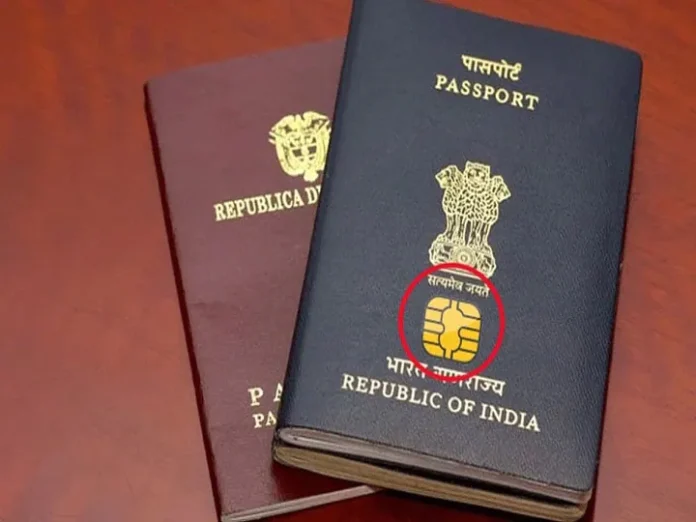What is e-Passport Government of India will issue e-passport this year. Finance Minister Nirmala Sitharaman had also given this point in her speech of the General Budget 2022-23. The government is working fast in this direction. So let’s know the answers to the questions related to e-passport.
Presenting the Union Budget 2022-23, Finance Minister Nirmala Sitharaman announced that the government will issue chip-based e- passport . With this the discussion of e-passport intensified. Although there has been talk about e-passport for a long time, but now these things have intensified. In such a situation, it is possible that you will have many questions related to e-passport in your mind. Like- what is e-passport, how e-passport works, what are the benefits of e-passport, who can get e-passport and when will e-passport be issued? Let us know the answers to these questions one by one.
What is e-passport?
The e-passport has smart card technology, which will be fitted with a ‘Radio Frequency Identification’ (RFID) chip. This chip will be equipped with advanced security features. The complete personal (name, address etc. – as in a normal pass port) details of the e-passport holder are digitally entered inside the chip, which identifies him. Minister of State for External Affairs V Muraleedharan had told the Rajya Sabha on February 3 that the features of the chip are in line with the guidelines of the International Civil Aviation Organization (ICAO), a United Nations specialized agency that defines standards for international travel documents, including e-passports. Is. It will contain information both on paper and on chip.
How does e-passport work?
As we mentioned, the complete personal details of the e-passport holder will be digitally present inside the chip, which will be included in the passport booklet. This will identify the person. V Muraleedharan also told the Rajya Sabha that if someone tampered with that chip, the system would identify it and the authentication authentication of the passport would fail. It simply means that your e-passport will not be misused by any other person.
When will e-passports be issued?
S Jaishankar had told in reply to a question in Lok Sabha that the process regarding e-passport has started. Letters of Intent (LOIs) have also been issued for 4.5 crore chips. Jaishankar had said that after the contract is awarded in the next few days, the process of issuing e-passport can be started within six months. The sample passport is currently being tested.
E-passport at risk of data theft?
S Jaishankar says that the data is inserted into the chip through a specific process and printed with a special printer. This process takes place in several stages. He said, “We are very cautious about the dangers of data theft (skimming). So the sample passport is going through the testbed. Unless the passport is handed over to the officer, there is no possibility of data theft. Is.”
Advantages of e-passport?
E-passport will make travel easier and faster. E-passports are being introduced for this purpose. On February 4, External Affairs Minister S Jaishankar said in the Lok Sabha that the purpose of issuing e-passports is to make travel easier, faster and ensure data security.
Who can get an e-passport?
The e-passport service will be for all Indian citizens. This can be made by any person who is eligible to get a normal passport. There will be no discrimination against anyone in this.


